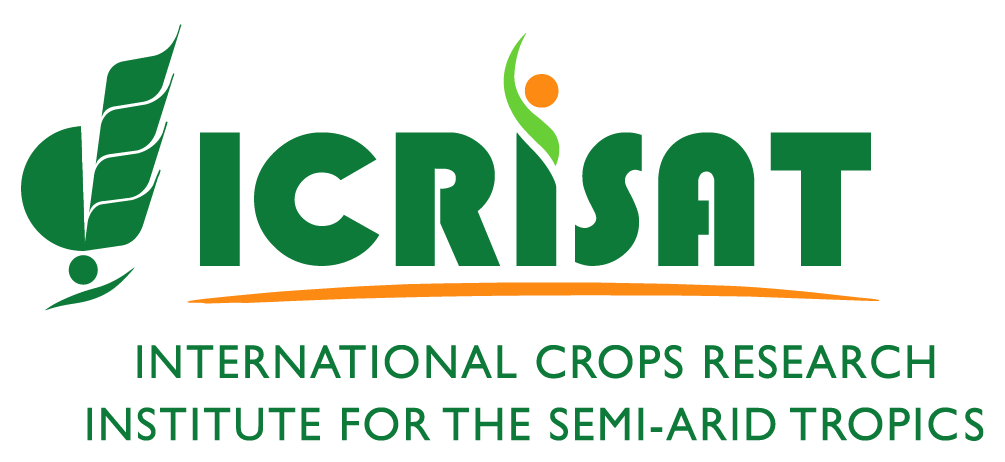Free Courses Sale ends Soon, Get It Now


Free Courses Sale ends Soon, Get It Now



Disclaimer: Copyright infringement not intended.
Context
About
https://www.pib.gov.in/PressReleasePage.aspx?PRID=1795778
© 2024 iasgyan. All right reserved